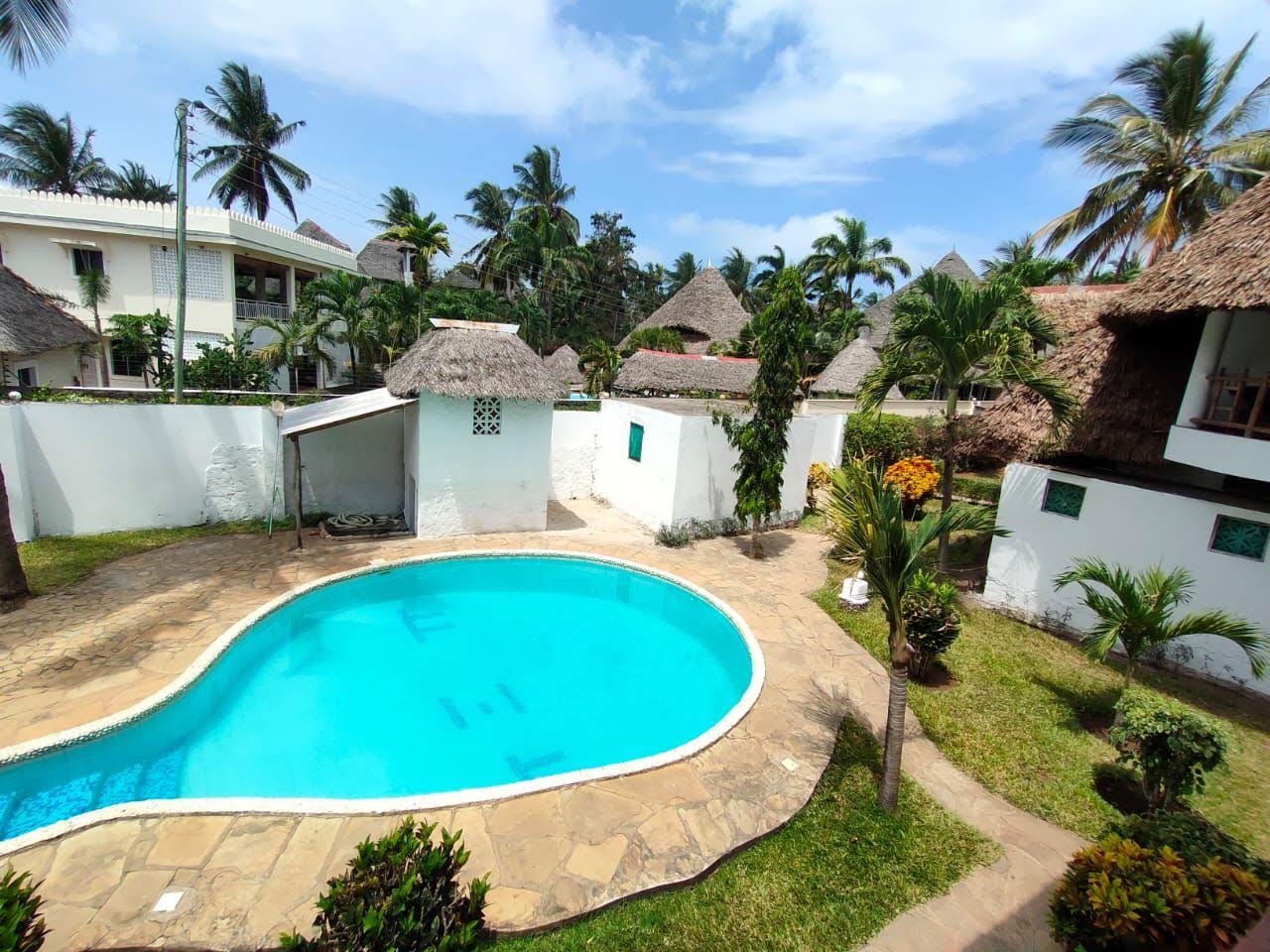
In Kenya, the hotel industry is governed by several laws and regulations. there are requirements necessary for a hotel to satisfy being issued with and operating license. Here are some key laws that apply to the hotel industry in Kenya:
Tourism Act, 2011
This act is the primary legislation governing the tourism sector in Kenya, including hotels. It establishes the legal framework for the development, regulation, and promotion of tourism in the country.
Tourism Regulatory Authority Act, 2011
This act establishes the Tourism Regulatory Authority (TRA) as the regulatory body responsible for licensing and regulating various tourism enterprises, including hotels. It sets out the requirements for obtaining and renewing hotel licenses.
Tourism (Tour Operators and Travel Agents) Regulations, 2019
These regulations provide guidelines for the registration and regulation of tour operators and travel agents. Hotels often collaborate with tour operators and travel agents, and these regulations impact their operations.
Health Act, 2017
The Health Act addresses health and safety standards in various sectors, including the hotel industry. It sets requirements for hygiene, sanitation, food safety, and other health-related matters that hotels must comply with.
Employment Act, 2007
The Employment Act governs the employment relationship in Kenya, including labour rights, working hours, leave entitlements, and employment contracts. It applies to employees working in hotels.
Occupational Safety and Health Act, 2007
This act establishes standards for ensuring the safety, health, and welfare of employees in various workplaces, including hotels. It mandates employers to provide a safe working environment and take measures to prevent occupational hazards.
Physical Planning Act, 1996
The Physical Planning Act regulates land use and development in Kenya. Hotels are subject to zoning and planning requirements, including building permits and compliance with land-use regulations.
Copyright Act, 2001
The Copyright Act protects intellectual property rights, including copyrights, in creative works. Hotels need to ensure they comply with copyright laws regarding the use of copyrighted materials, such as music, films, and artwork.
Environmental laws
In Kenya, the tourism industry is governed by various laws and regulations that aim to protect the environment and ensure sustainable tourism practices. The key legislation includes the Wildlife Conservation and Management Act, and the Environmental Management and Coordination Act. These laws establish guidelines and regulations for tourism activities, wildlife conservation, and environmental protection. They address issues such as wildlife protection, habitat conservation, waste management, pollution control, and sustainable tourism practices. The laws promote responsible tourism, ensuring that tourism activities do not negatively impact the environment and that natural resources are conserved for future generations. Compliance with these laws is crucial for tourism operators, who must adhere to environmental standards, obtain necessary permits, and engage in sustainable practices to ensure the long-term viability and attractiveness of Kenya as a tourism destination.
Shared resources laws
These are regulations that govern the management and utilization of resources that are shared among multiple users or entities. These resources can include water bodies, forests, grazing lands, fisheries, and other natural or human-made assets. The objective of shared resources laws is to ensure equitable access, sustainable use, and responsible management of these resources. These laws often outline rights, responsibilities, and procedures for resource allocation, conservation, and dispute resolution.
They aim to prevent overexploitation, protect the interests of all stakeholders, promote cooperation among users, and maintain the long-term viability of shared resources for present and future generations. By establishing clear guidelines and frameworks, shared resources laws contribute to the effective and fair governance of shared resources, fostering sustainable development and harmonious coexistence among diverse user groups.
Conclusion
It’s important for hotels in Kenya to familiarize themselves with these laws and ensure compliance to operate legally and maintain high standards in their operations. It is recommended to consult legal professionals or relevant government agencies for specific and up-to-date information on the laws and regulations governing the hotel industry in Kenya. contact us for more information on setting up a tourism business in Kenya. We will ensure you comply with all the laws and regulations as you set up a hotel business in Kenya.
Related Posts
Kenya’s Mining Cadastre: Navigating Resource Legitimacy
Exploring the Functions and Significance of Kenya’s Mining Cadastre Portal In the realm of resource…
Social Assessment: Understanding the Role of Social Norms in Society
Social norms are a crucial part of any society. They inform the way people behave…
Promoting Religious Diversity and Enhancing Employee Satisfaction: A Comprehensive Guide
Promoting religious diversity and allowing employees to express their religion at work while reducing workplace…
10 Effective Tips for Reducing Job-Related Stress and Finding Balance
Introduction In today’s fast-paced and competitive work culture, job-related stress has become a significant concern…





